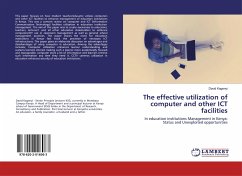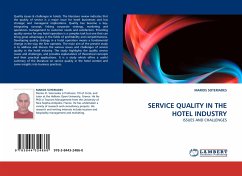Global competition, societal changes and other environmental factors have forced organisations to review existing work arrangements. Flexible work practices have been identified as one mechanism for aligning individual and organisational goals. Homebased work, telework or telecommuting, involving work at a remote site, is an example of such a practice. Working from home can have advantages for the organisation in terms of savings in infrastructure costs. Individual employees would also potentially benefit through reduced costs and the ability to better manage their work and home life. Findings from this research indicate that personal characteristics, such as demography, competencies, and the psychological profile of the homeworker contribute to the benefits gained from the program. Job characteristics, in terms of occupation and job design also contribute to success. Benefits from a homebased work program can be enhanced by selecting for appropriate employees and jobs, and devising policies that account for the home and work environment of the homeworker. The findings of this study will be of benefit to organisations, human resource practitioners and individual homeworkers.
Bitte wählen Sie Ihr Anliegen aus.
Rechnungen
Retourenschein anfordern
Bestellstatus
Storno








